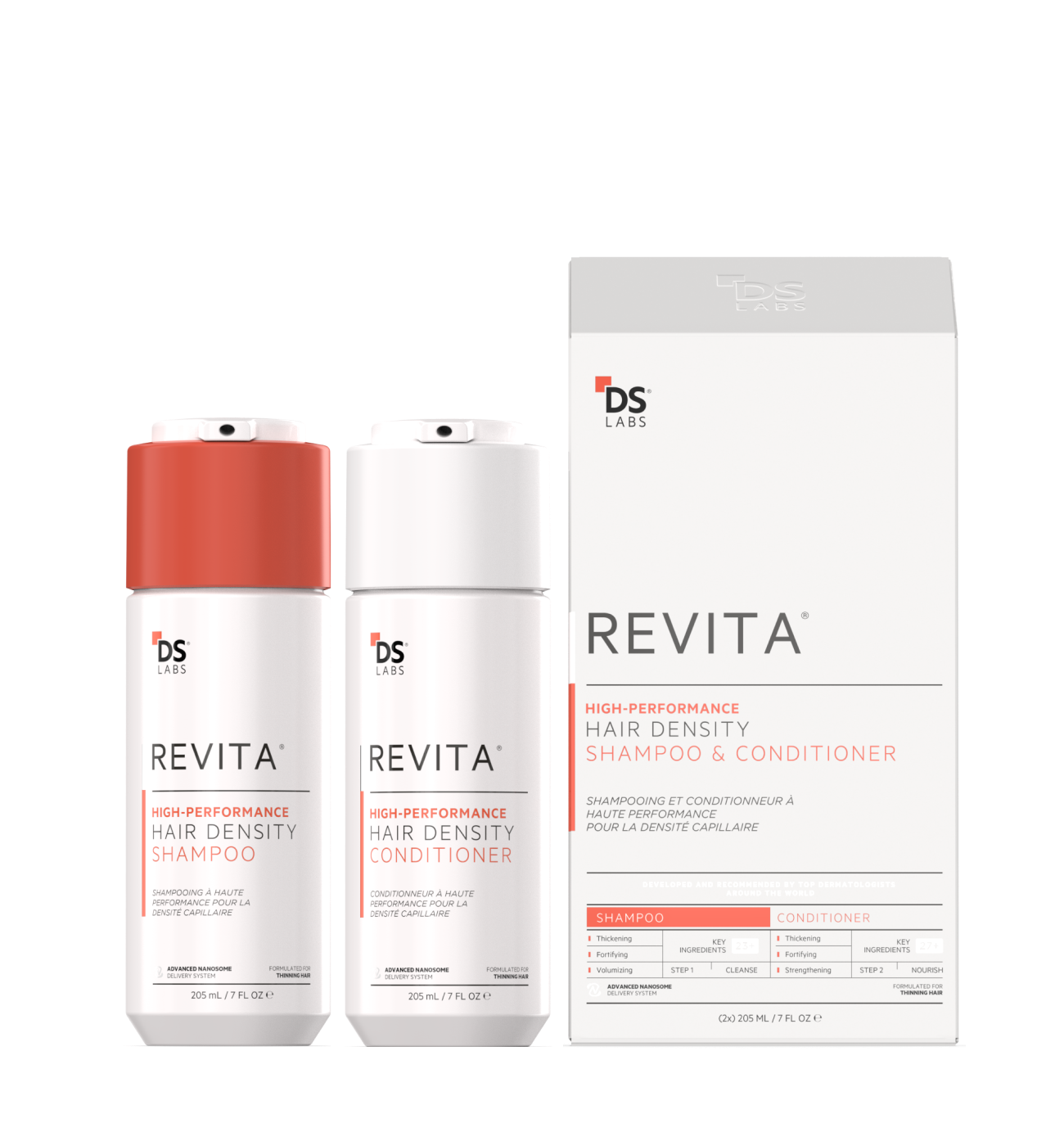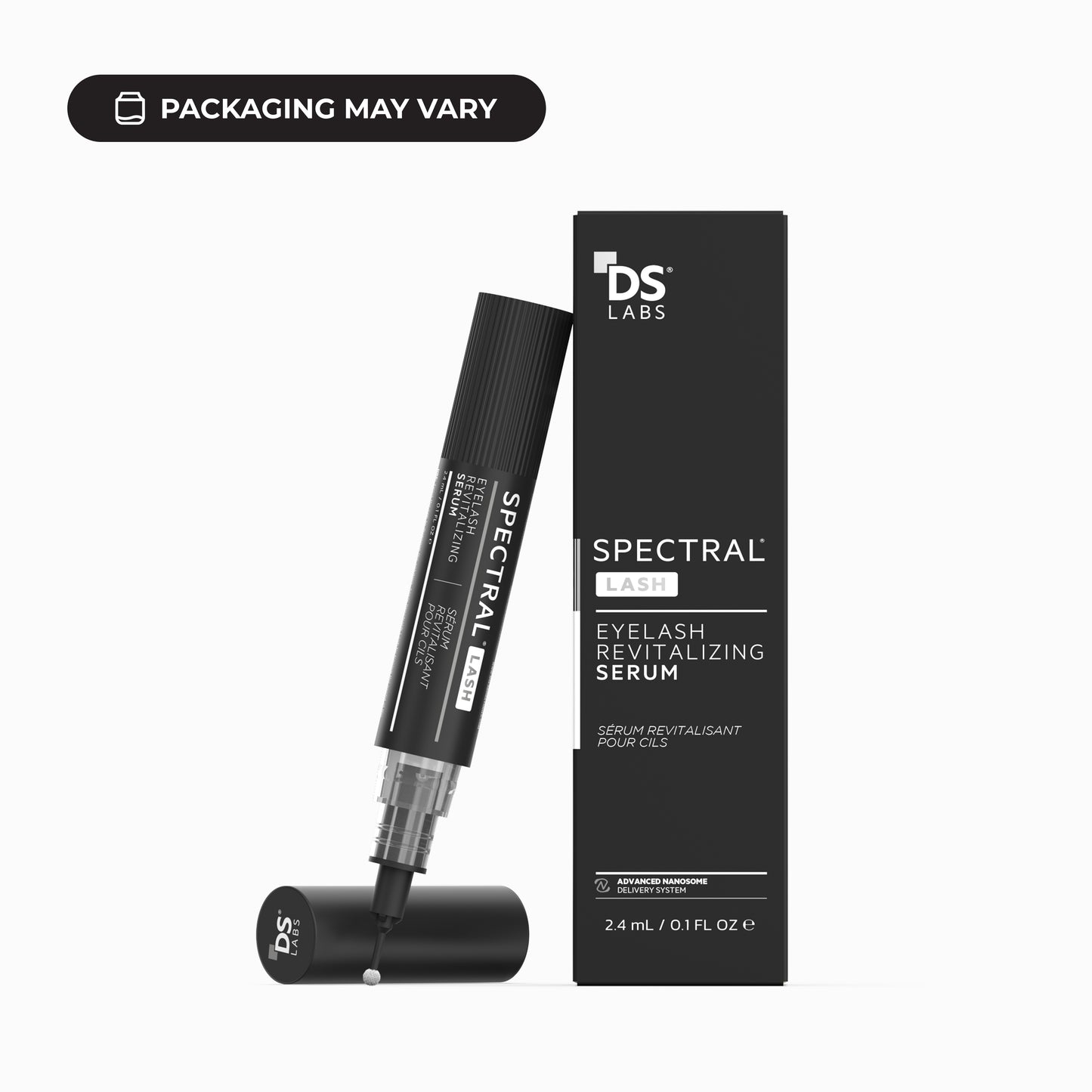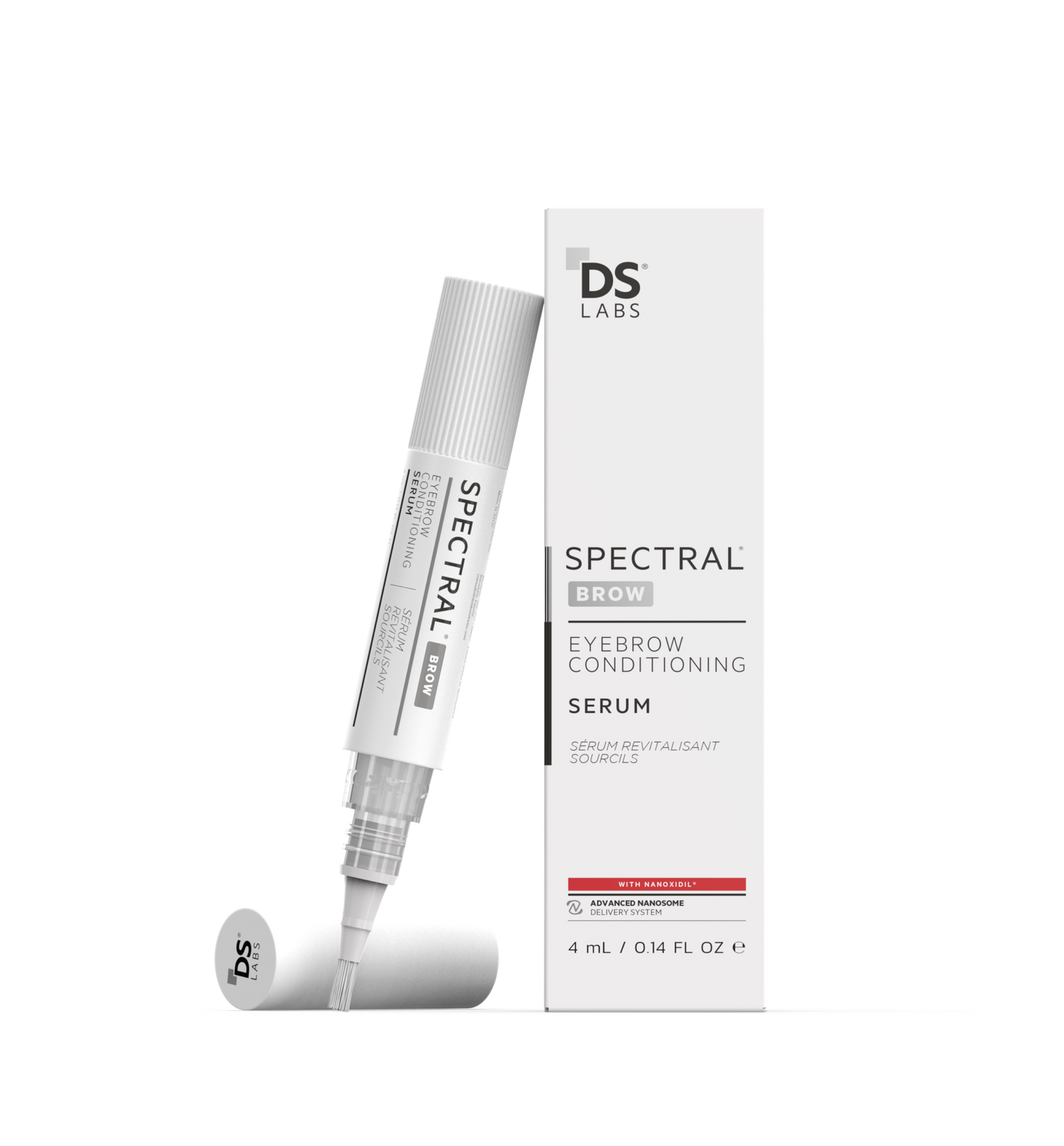Lash products with prostaglandin analogs have become increasingly popular in recent years due to their ability to enhance the appearance of eyelashes by making them longer, thicker, and darker. These products work by extending the growth phase of the lashes and stimulating new lash growth. However, while lash products with prostaglandin can be effective, they also have potential negative effects.
Irritation
One of the most common negative effects of lash products with prostaglandin is irritation. Prostaglandin analogs can cause redness, itching, burning, or stinging of the eyes and surrounding skin. This can be uncomfortable and make it difficult to wear the product for extended periods of time. The irritation can be especially problematic for people with sensitive skin or those prone to allergies.
In addition to irritation, some people may develop an allergic reaction to the prostaglandin analog, which can cause swelling, redness, or itching. Allergic reactions to these products are relatively rare but can be severe. If you experience any symptoms of an allergic reaction, such as difficulty breathing or swelling of the face or throat, you should stop using the product immediately and seek medical attention.
Skin Discoloration
Another negative effect of lash products with prostaglandin is skin discoloration. The skin and iris (the colored part of the eye) can become darker with long-term use of prostaglandin analogs. This is because prostaglandins can increase the production of melanin, the pigment that gives skin and hair its color. While the change in color is typically gradual and not harmful, it can be a concern for people who want to maintain their natural skin tone.
Dryness or flakiness of the eyelids or skin around the eyes is another potential negative effect of lash products with prostaglandin. This can be especially problematic for people who already have dry skin or who live in dry environments. If you experience dryness or flakiness, you may need to moisturize the affected area or use the product less frequently.
Changes in Vision
In rare cases, prostaglandin analogs have been associated with changes in vision, including blurred vision, double vision, or reduced visual acuity. While these negative effects are rare, they can be serious and should be reported to a doctor if they occur. Additionally, long-term use of prostaglandin analogs can sometimes cause eyelash loss or thinning. This can be especially concerning for people who have already experienced lash loss due to conditions like chemotherapy or alopecia.
It's important to note that the negative effects of lash products with prostaglandin are typically associated with long-term use of high doses, such as when used for glaucoma treatment. However, even when used as a cosmetic product, there is still a potential risk for side effects. If you experience any negative effects from a lash product containing prostaglandin, you should stop using the product and seek medical advice.
In conclusion, while lash products with prostaglandin can be effective at enhancing the appearance of eyelashes, they also have potential negative effects. These negative effects can include irritation, allergic reactions, skin discoloration, dryness or flakiness, changes in vision, and eyelash loss. If you are considering using a lash product with prostaglandin, it's important to be aware of these potential risks and to use the product as directed. If you experience any negative effects, you should stop using the product and seek medical advice.
Ready to try a dermatologist-recommended eyelash serum that does NOT have prostaglandin as an ingredient? Try our best selling eyelash serum, Spectral.Lash.














